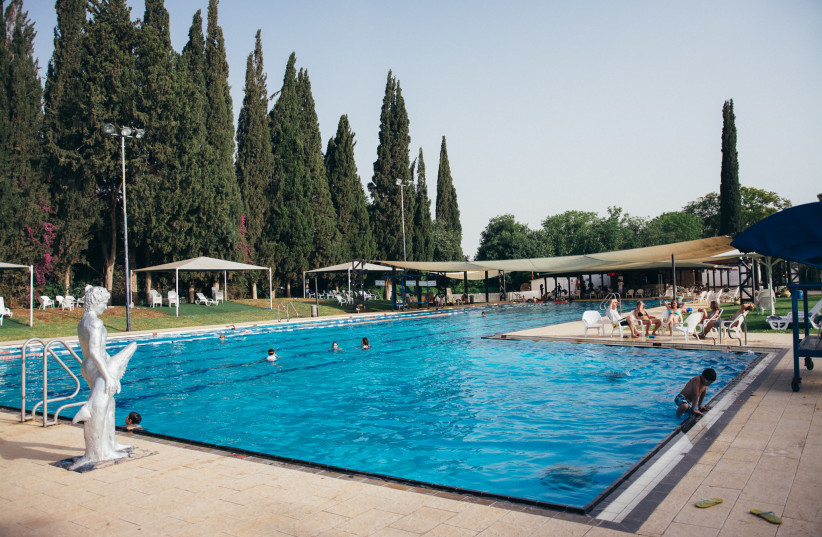There's a famous saying: "the enemy of my enemy is my friend." Perhaps this is why luxury hotels tend to plant fake negative reviews about each other on the Internet, as soon as the competition rises against short-term rental ventures, especially the luxury ones, such as private houses with swimming pools and other luxuries.
It's no secret that many hotels have been posting fake negative reviews online for years to undermine their competitors. However, it seems that premium hotels tend to change their tactics whenever premium short-term rentals start to compete in their industry. This is according to a new study published recently, which also found that instead, the luxury hotels are starting to publish fake reviews that show how wonderful they themselves are.
"When the pressure is on from Airbnb, luxury hotels are starting to increase their ranking with more fake positive reviews," study author Chang Nei said in an interview.

"A lot of customers who stay at low-end hotels tend to pay less attention to reviews than those who are trying to decide whether a $500-a-night resort is worth their money."
Chang Nei
The study, which documented cases of "inflating" self-ratings, examined 2,188 hotels in Texas over eight years. Now, the study has been published in the academic journal MIS Quarterly.
Less "dirty" on other hotels
For more than a decade, many hoteliers have been publishing fake reviews, often by hiring third parties, Skift reports. The goal is to make competing hotels look worse, or on the other hand - to improve their online ratings. Already in 2015, an academic study was published that estimated that between 5% and 30% of online hotel reviews are fake, and this problem has permeated all online platforms. At the time, the researchers wanted to examine what had changed in the "behavior" of hotels since 2008, when Airbnb began to take off. To gauge the manipulations done in reviews, the researchers looked at hotel ratings on Tripadvisor and Expedia.
The study found that over time, whenever listings appeared High-end Airbnb within a mile, upscale local hotels and resorts tended to increase their fake, positive reviews, with a 5.6 percent increase in self-promoting reviews between 2011 and 2015, according to the study.
As mentioned, the publication of fake bad reviews of rival hotels also tended to decrease. Either way, five-star hotel ratings tended to go up on TripAdvisor once Airbnb hit their markets. "They no longer talk bad about everyone like before, because they have a common enemy in the form of Airbnb," the study stated.
1.3 million suspicious reviews were rejected
However, the extent of the fake review problem is disputed. On the Tripadvisor website, for example, they claim that they led the fight against fake reviews and that in 2020 the company rejected 1.3 million suspicious reviews even before they were published on the website.
Compared to the luxury hotels, lower-level hotels did not show significant signs of change in this "behavior". The researchers hypothesize that the reason is that at a low price level, consumers are not as influenced by reviews.
"A lot of customers who stay at low-end hotels tend to pay less attention to reviews than those who are trying to decide whether a $500-a-night resort is worth their money," Nei said. The researchers used data from the market research company AirDNA, and they believe that vacation rental of houses with a variety of services and a swimming pool, is a direct competition to a hotel or a nearby luxury resort.
